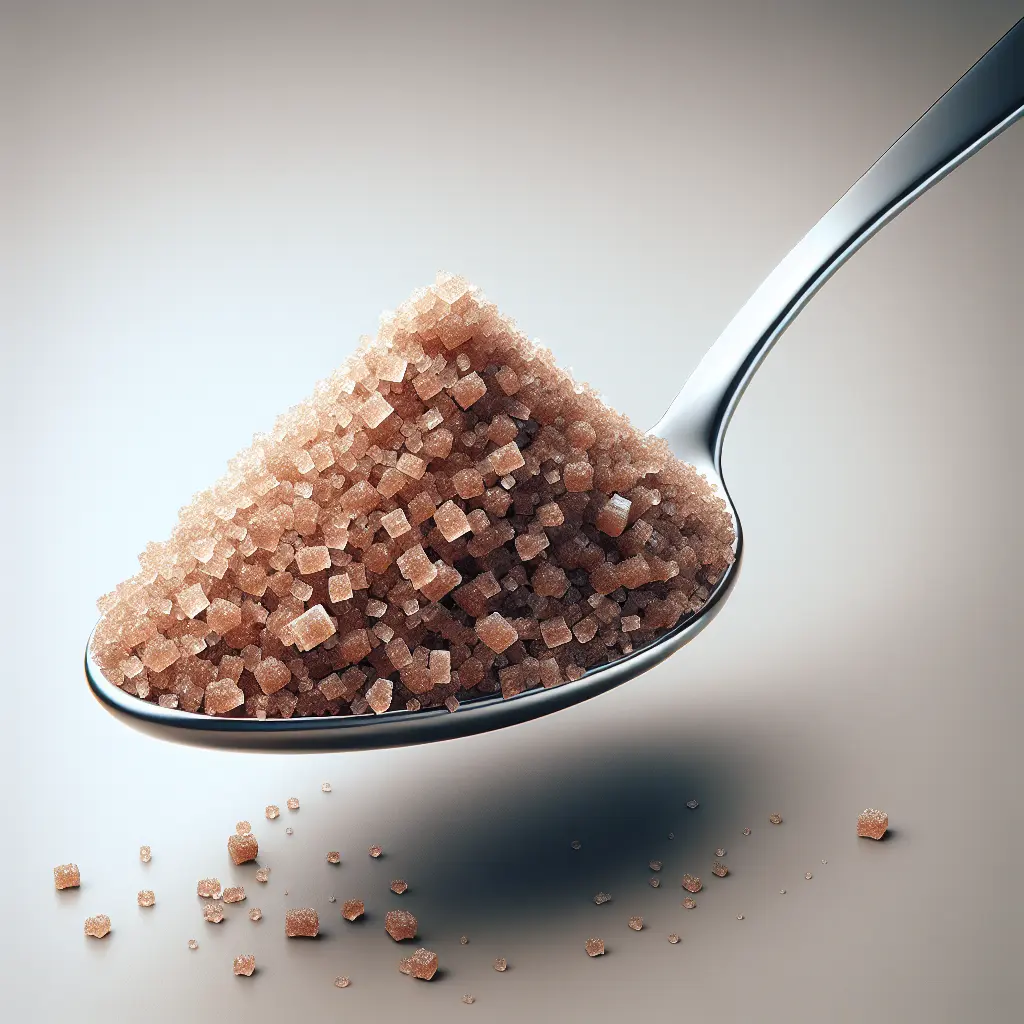Raw Sugar: A Natural Sweetener with Surprising Health Benefits
Raw sugar, often referred to as unrefined sugar, is a natural sweetener that has recently gained popularity due to its perceived health advantages. Unlike refined sugar, raw sugar retains its molasses content, resulting in a slightly darker hue and a more robust flavor profile. This article aims to provide a comprehensive understanding of raw sugar, including its nutritional value, potential health benefits, and various culinary applications.
Nutritional Profile of Raw Sugar
Raw sugar contains approximately 11 calories per teaspoon, primarily derived from carbohydrates. It contains no protein or fat. The carbohydrate content of raw sugar is predominantly sucrose, a disaccharide composed of glucose and fructose. Additionally, raw sugar provides trace amounts of minerals, such as calcium, potassium, and iron.
Potential Health Benefits of Raw Sugar
While scientific evidence supporting the health benefits of raw sugar is limited, anecdotal evidence and traditional beliefs suggest that it may offer certain advantages over refined sugar. These potential benefits include:
-
Antioxidant Properties: Raw sugar contains antioxidants, which can help protect cells from damage caused by free radicals.
-
Mineral Content: The trace minerals present in raw sugar, such as calcium and potassium, may contribute to overall mineral intake.
-
Glycemic Index: Raw sugar has a lower glycemic index compared to refined sugar, meaning it may cause a slower rise in blood sugar levels.
Culinary Applications of Raw Sugar
Raw sugar's versatility extends beyond its use as a sweetener in beverages. It also serves as a key ingredient in various culinary preparations:
-
Baking: Raw sugar adds a subtle molasses flavor and a slightly caramelized color to baked goods.
-
Preserves and Jams: Raw sugar's natural sweetness and ability to inhibit microbial growth make it an ideal ingredient for preserving fruits.
-
Marinades and Sauces: Raw sugar can enhance the flavor of marinades and sauces, adding a touch of sweetness and balancing out acidity.
-
Sprinkling: Raw sugar can be sprinkled on top of oatmeal, yogurt, or fruit for a crunchy and flavorful topping.
In conclusion, raw sugar offers a unique combination of nutritional value and culinary versatility. While scientific evidence supporting its health benefits remains limited, its potential antioxidant properties, mineral content, and lower glycemic index compared to refined sugar make it an intriguing choice for those seeking a more natural sweetener. Whether you're enjoying a cup of coffee, baking a sweet treat, or adding a touch of sweetness to a savory dish, raw sugar provides a flavorful and potentially beneficial alternative to refined sugar.
How many calories are in Raw Sugar?
Each 1 tsp unpacked of Raw Sugar contains 11 calories.
Raw Sugar Nutritional Information
| Nutrient | Amount per 1 tsp unpacked (3g) |
|---|---|
| Calories | 11 Calories |
| Protein | 0g |
| Fat | 0g |
| Saturated Fat | 0g |
| Cholesterol | 0mg |
| Carbohydrates | 2.9g |
| Dietary Fiber | 0g |
| Sugar | 2.9g |
| Sodium | 0.0008mg |
| Potassium | 0.004mg |
| Calcium | 0.0025mg |
| Iron | 0mg |
